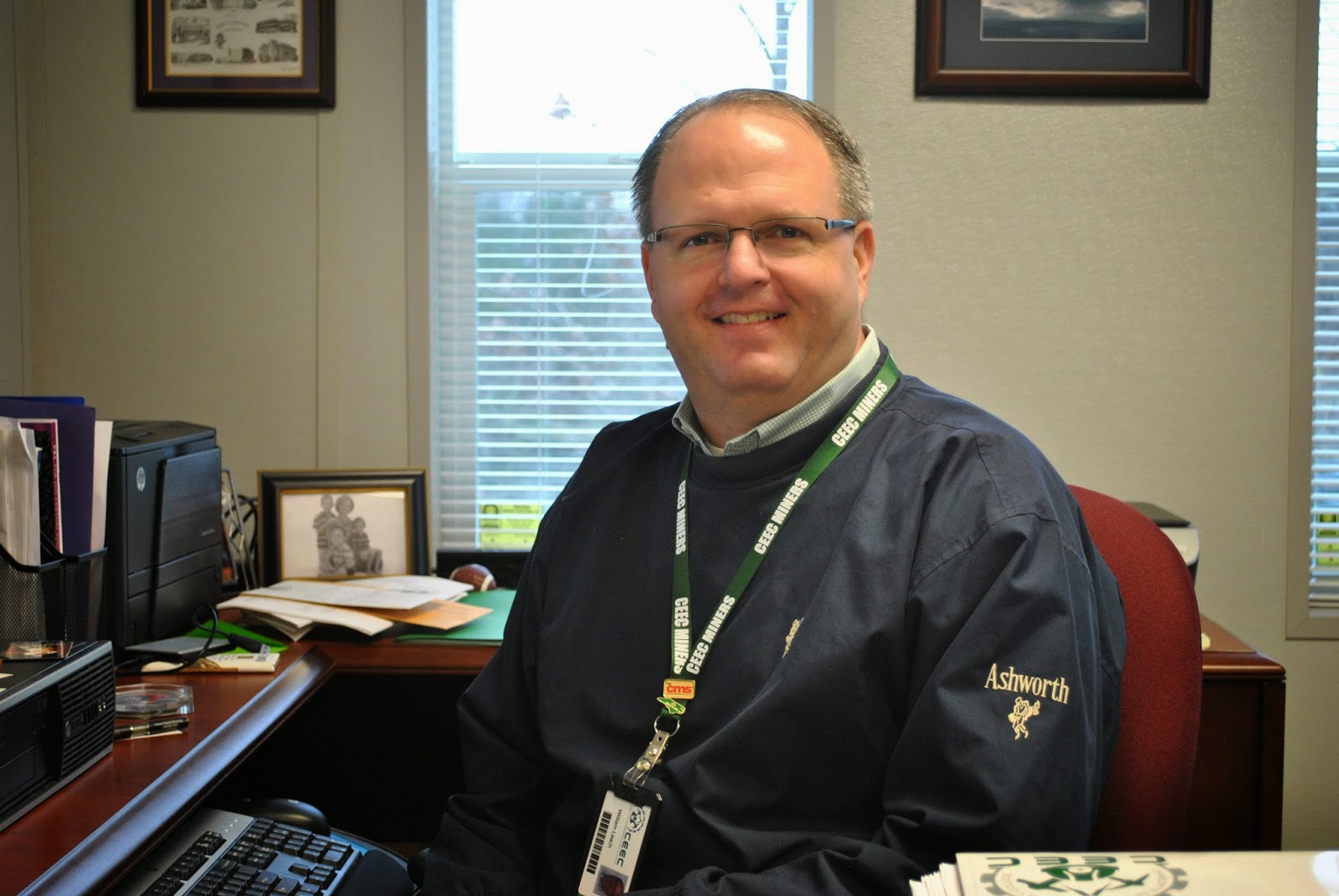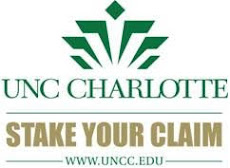While large gifts from wealthy
individuals and foundations receive the bulk of the attention, UNC Charlotte is
fortunate to have sustaining support from thousands of small donors.
The 1946 Society recognizes such
donors who contribute consistently, and it highlights their importance to the
University’s success. There are currently 178 members of the 1946 Society’s Gold
Circle, which means those individuals have given consistently for at least 15
years. To date, their collective gifts have totaled more than $31 million. Gold
Circle member Rebecca Whitener (’74) has been a benefactor of UNC Charlotte for
decades. She explains how and why she started giving and what motivates her
continued generosity.
Q: There are so many charities
and worthwhile causes, how did you settle on supporting higher education?
 |
| Rebecca Whitener |
A: I believe lifelong community education should be provided
so individuals can learn skills and obtain the knowledge and education necessary
to carry out a lifetime of productive work. But it’s more than that to me. If a
graduate decides to never use the actual degree, they’re walking away with a
tremendous advantage of having learned how to learn.
I think John F. Kennedy summed up the value of education
best when he said, “Our progress as a nation can be no swifter than our
progress in education. The human mind is our fundamental resource.” Or, as
someone very wise once said, “If you think education is so expensive, try
ignorance.”
Q: You probably get asked this quite a bit, but what’s in it
for you to continually contribute to UNC Charlotte?
A: I don’t give for what I get in return but for what I have
already received. UNC Charlotte has been an important part of my life for as
long as I can remember. I, along with three of my six siblings, received my education
here. I earned three degrees and spent 23 years on the staff, where I had the
privilege of personally knowing Miss Bonnie Cone and chancellors Colvard,
Fretwell, Woodward and Dubois.
My years as a student and then as an employee provided me
with the foundation and the relevant work experience necessary to pursue my
goals outside these safe walls and move into a career I had dreamed of.
Donating is an opportunity to give back and pay it forward for the future of
higher education at this place.
I give to UNC Charlotte because I trust the leadership, am
grateful for what this University has meant to me and my family, and because I
am inspired by those who came before me who made it possible for me.
Q: Being a member of the 1946 Society’s Gold Circle requires
15 years of continuous giving. However, it’s clear you’ve been supporting the
University for much longer than that. When and how did you get started?
A: The Development Office doesn’t have reliable records
going back this far, but I believe I’ve been giving for close to 40 years. I
started just after I completed my first degree in 1974 and went to work here
that fall as occupational safety and health director.
I was young and didn’t have a lot of money, but I did what I
could because this was a young and growing university with a lot of needs and
not a lot of alumni.
Q: Two of your children and their spouses are graduates of
UNC Charlotte. Have you convinced them to follow in your footsteps in terms of
supporting the University?
A: They are all very charitable and know of my support at
UNC Charlotte. I hope to pass that on to them and hope that they will give more
as they get older and have more dollars available for charitable causes.
Q: These days, young people tend to leave school with so
much debt and may not find well-paying jobs. How do you persuade someone in such
circumstances to be philanthropic, particularly to a university?
A: As with any giving, the first thing they need to consider
is what they really believe in. If they are wondering how to find dollars for
their causes, they should start out with a budgeting process and stick with it.
You make that commitment and pay it like a bill. Do whatever fits your budget.
Whether it’s monthly, quarterly or a one-time annual gift, all gifts are good.
Melba Newsome is a
Charlotte-based writer and frequent contributor to the magazine.




